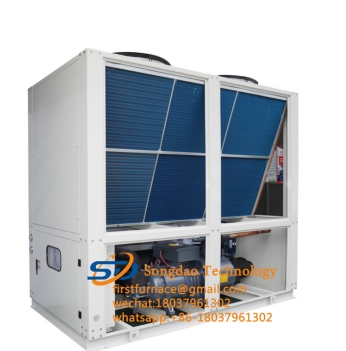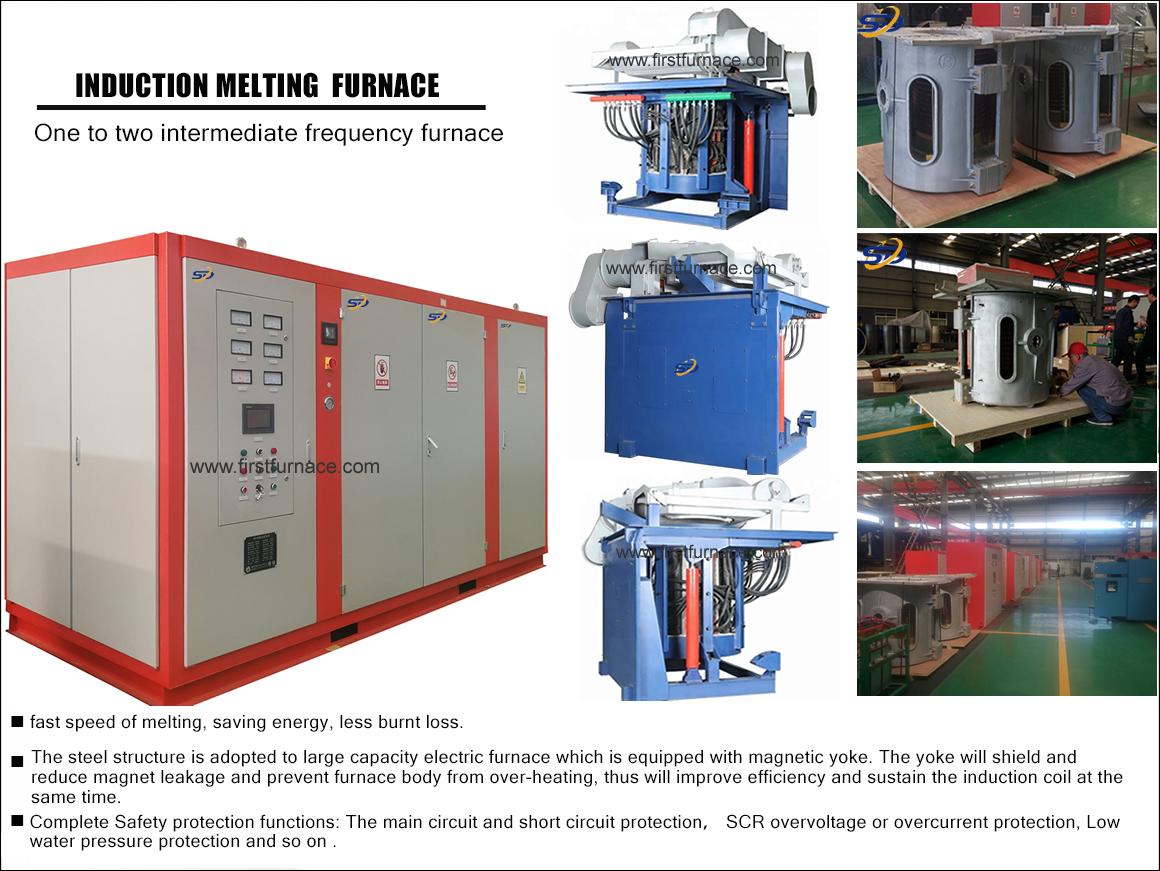Sales hot line ( 24 hours service):+86 13015583380
E-Mail: firstfurnace@gmail.com
whatsapp:+86 13015583380
Adress: Luoxin Industrial Park, Luoyang, HenanLarge diameter steel pipe quen
Piston rod quenching and tempe
Grinding rod quenching and tem
High frequency induction heate
Quenching equipment for machin
Round steel end heating furnac
Steel pipe heat treatment prod
Square steel quenching and tem
Sucker rod quenching and tempe
Thickened petroleum steel pipe
Round steel quenching and temp
Steel pipe quenching and tempe
Steel plate quenching and temp
Induction Hardening Machine&nb
Flywheel ring gear high freque
What are the common protections in refrigeration systems?
High pressure protection: High pressure protection is to detect whether the refrigerant pressure in the system is normal. When the pressure exceeds the allowable range, the pressure switch will act, and the abnormal signal will be transmitted to the high pressure controller. After processing, the refrigeration system will be stopped and the fault will be displayed. come out.
Low-pressure protection: The low-pressure protection detects the return air pressure in the system, and its function is to prevent the compressor from being damaged by the system pressure being too low or there is no refrigerant running.
Oil pressure protection: A device that prevents the bearing or other internal components of the compressor from being damaged by oil shortage due to low lubricating oil pressure. If the compressor oil volume is reduced or the oil is cut off, the high-speed compressor will be seriously damaged. The protection device is an important part to ensure the safe operation of the compressor.
Antifreeze protection: If the evaporator is too dirty or the frost is too serious, the cold air cannot fully heat exchange with the hot air outside, causing the internal unit to freeze. The indoor antifreeze and thawing protection is for the compressor to make the compressor before the internal unit freezes. Shut down to protect the compressor.
Current protection: When the line is short-circuited, one of the important features is that the current in the line increases sharply. This requires setting a corresponding protection device that acts in response to the increase in current when the current flows through a certain predetermined value. Current protection.
Overheating protection: The internal temperature of a well-designed motor that runs under specified conditions will not exceed the allowable value, but the motor runs under too high or too low voltage, or when the motor runs in a high-temperature environment, the internal temperature of the motor exceeds the allowable value. During frequent starting, the temperature may be too high due to excessive starting current. .
Phase sequence protection: The phase sequence protection is a protection relay that can automatically identify the phase sequence to prevent some refrigeration compressors from turning the motor reverse after the power phase sequence is reversed (three live wires are connected in reverse order), which may cause accidents or equipment damage.
For example, scroll compressors and piston compressors have different structures. Since the inversion of the three-phase power supply will cause the inversion of the compressor, it cannot be inverted. Therefore, it is necessary to install a reverse phase protector to prevent the reverse rotation of the chiller. When the reverse phase protector is installed, the compressor can work in normal phase. When the opposite phase occurs, it is necessary to change the two lines of the power supply to the normal phase.
Unbalance protection between phases: Unbalanced voltage between phases will cause three-phase unbalanced currents, which will lead to greater temperature rise-set an overload relay. In the largest phase of current, the rate of increase in temperature rise is approximately twice the square of the voltage imbalance rate. For example, a voltage imbalance of 3% will produce a temperature rise of about 18%.
Exhaust temperature protection: Excessive exhaust temperature can cause refrigerant decomposition, aging of insulating materials, carbonization of lubricating oil, damage to air valves, and clogging of capillary tubes and filter driers. The main protection method is to use a thermostat to sense the exhaust temperature. The thermostat should be placed close to the exhaust port. When the exhaust temperature is too high, the thermostat will act and cut off the circuit.
Housing temperature protection: The housing temperature will affect the life of the compressor. Excessive temperature of the cabinet may be caused by insufficient heat exchange capacity of the condenser, so you should check the scenery or water volume of the condenser, and whether the water temperature is appropriate. If air or other non-condensable gases are mixed in the refrigeration system, the condensing pressure will rise. Overheating; if the suction temperature is too high, the casing is prone to overheating. In addition, overheating of the motor will also overheat the casing.
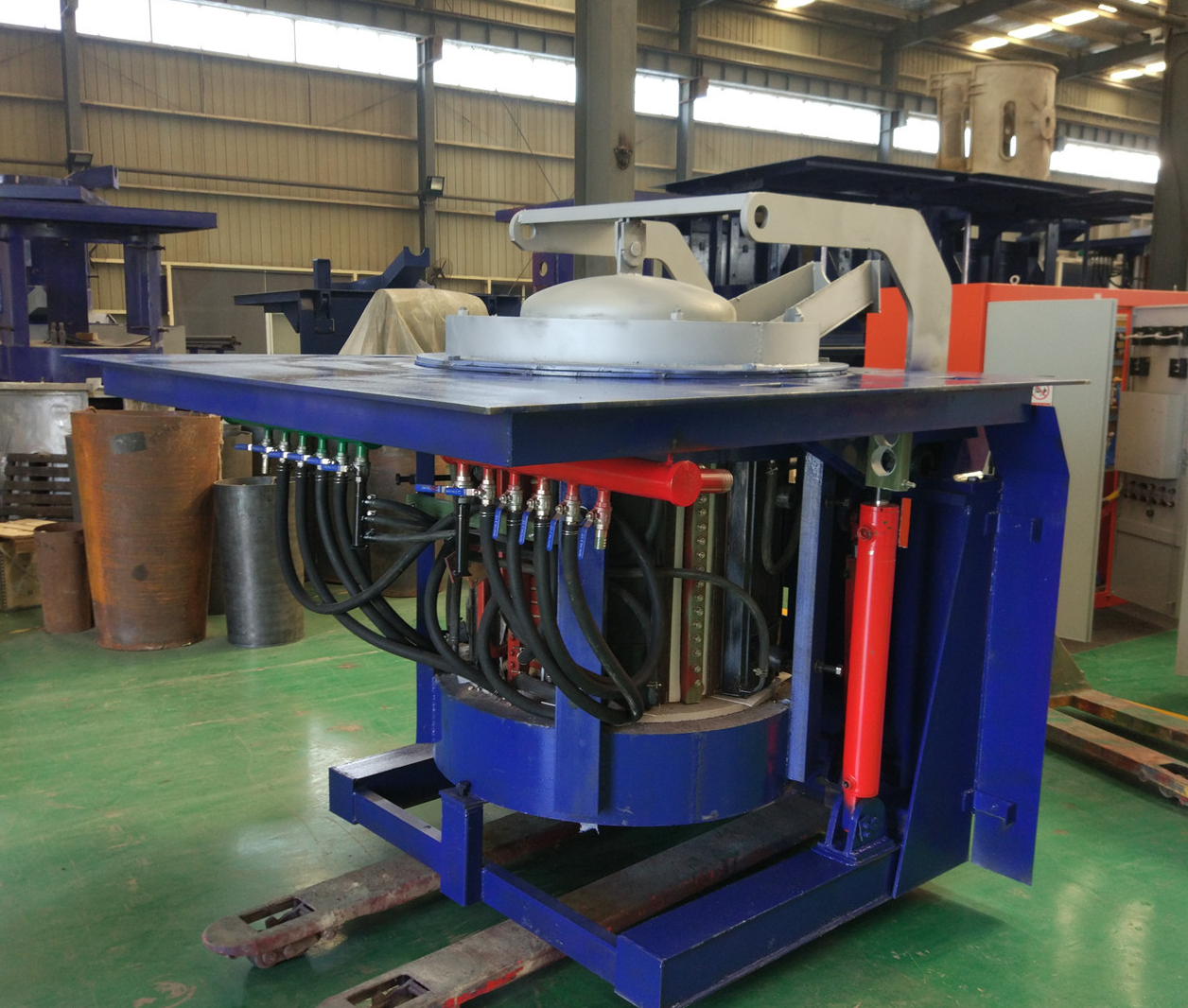
Iron induction furnace
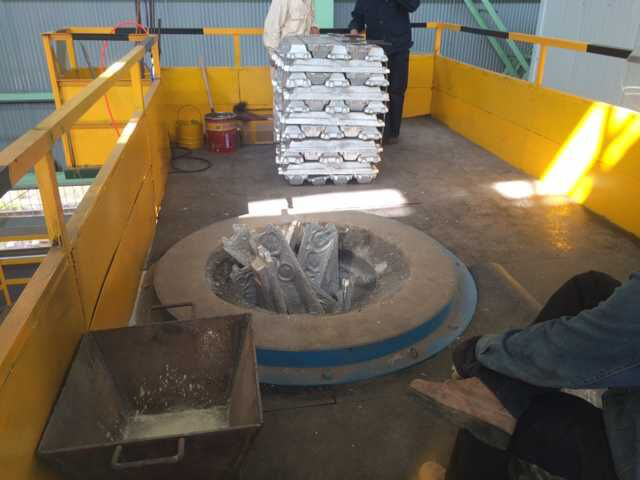
Aluminum melting furnace
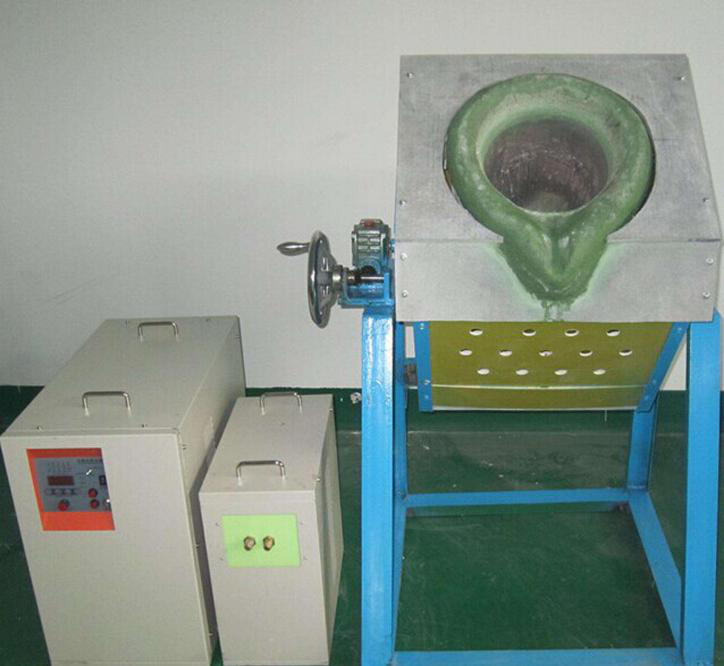
Copper melting furnace
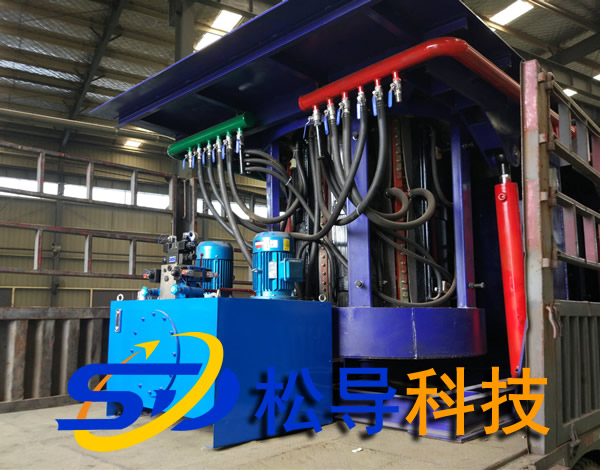
Small steel melting furnace
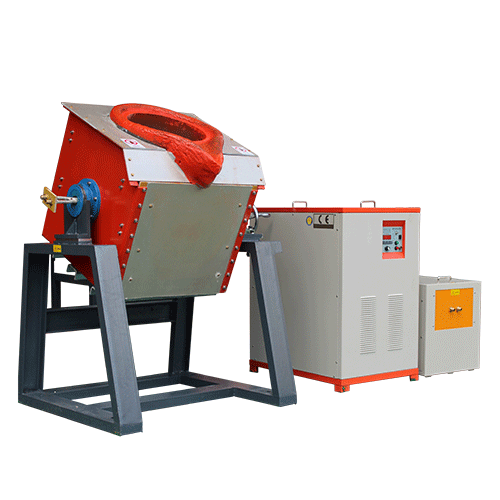
Small induction melting furnace
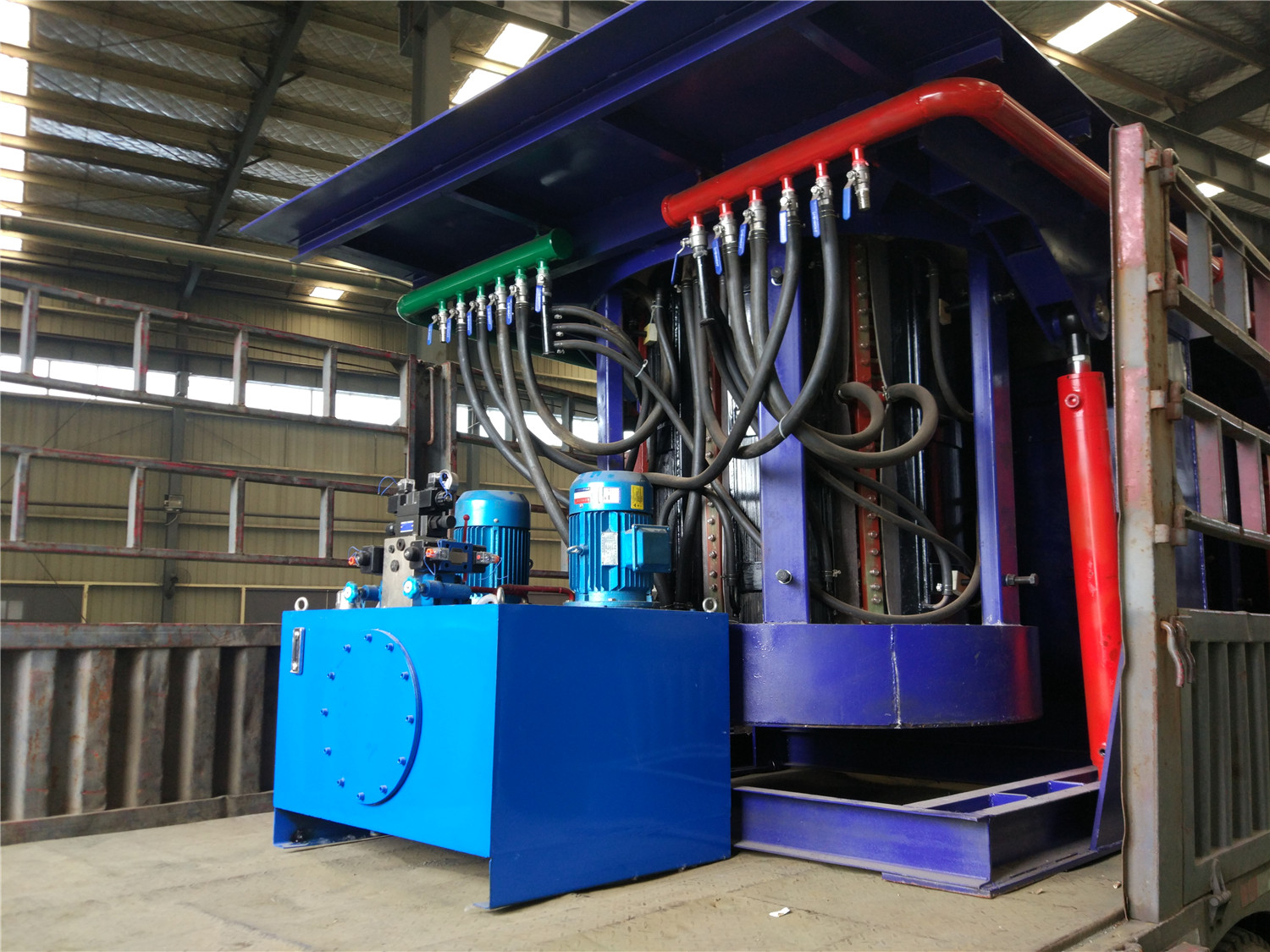
Induction iron furnace
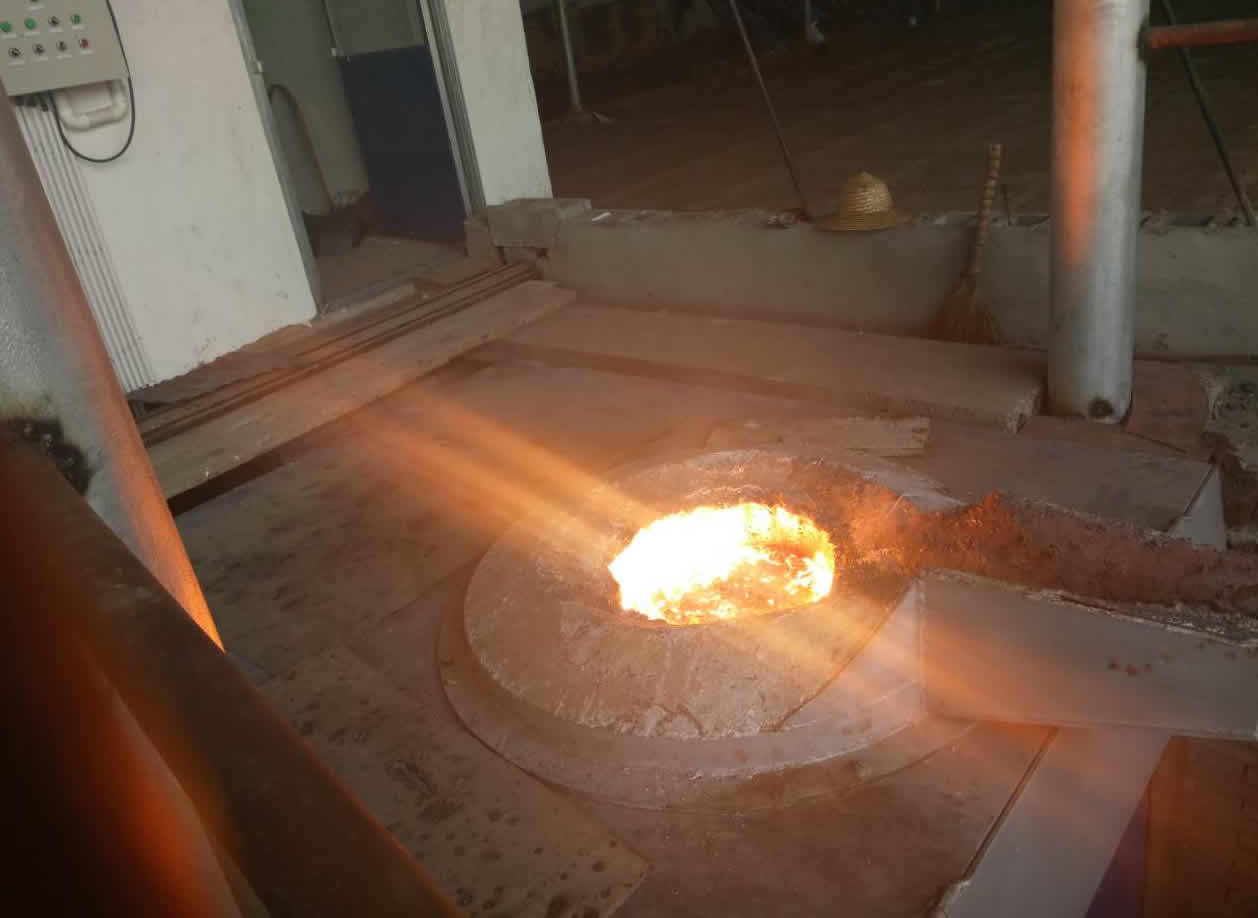
3T intermediate frequency iron melting f
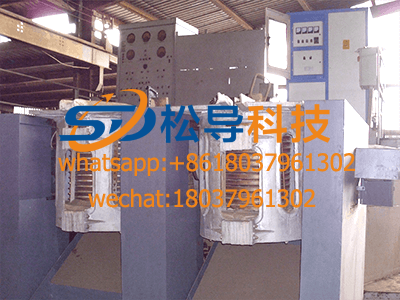
0.25T Intermediate Frequency Furnace
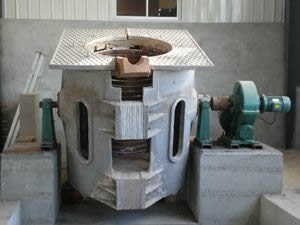
0.5T Intermediate Frequency Furnace
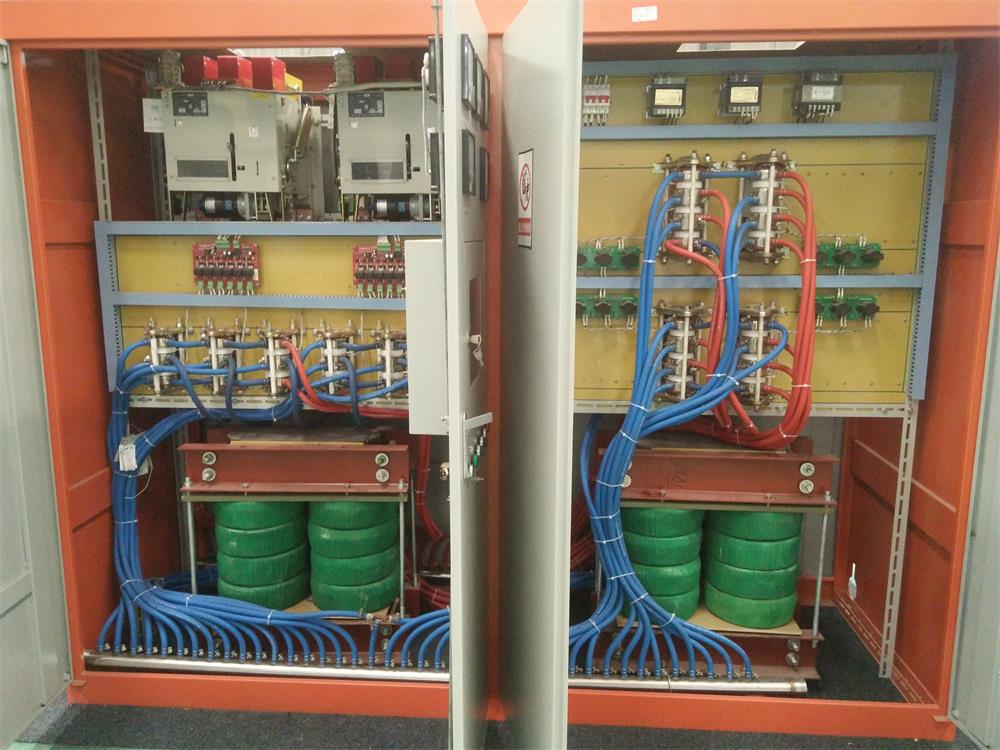
Medium Frequency Furnace

2T Induction Melting Furnace
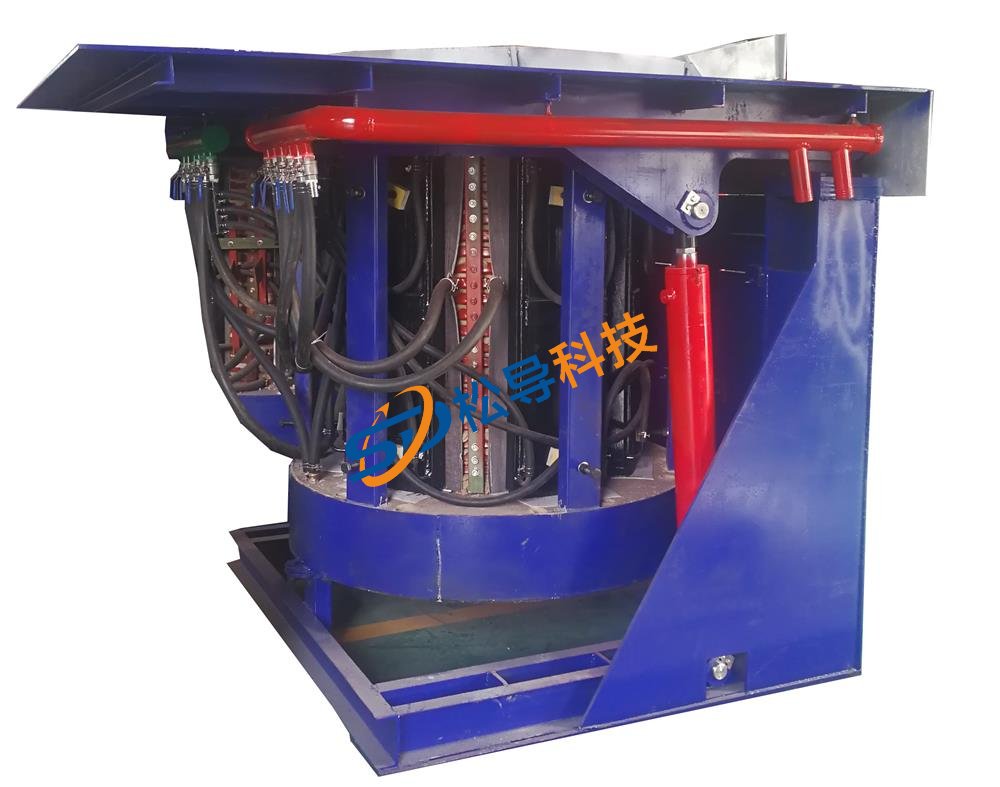
1T Induction Melting Furnace
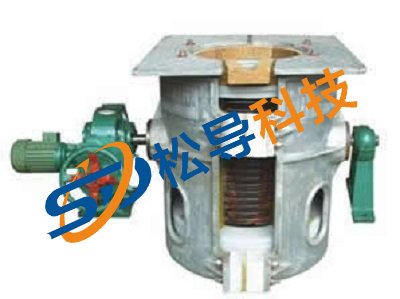
500kg Induction Melting Furnace
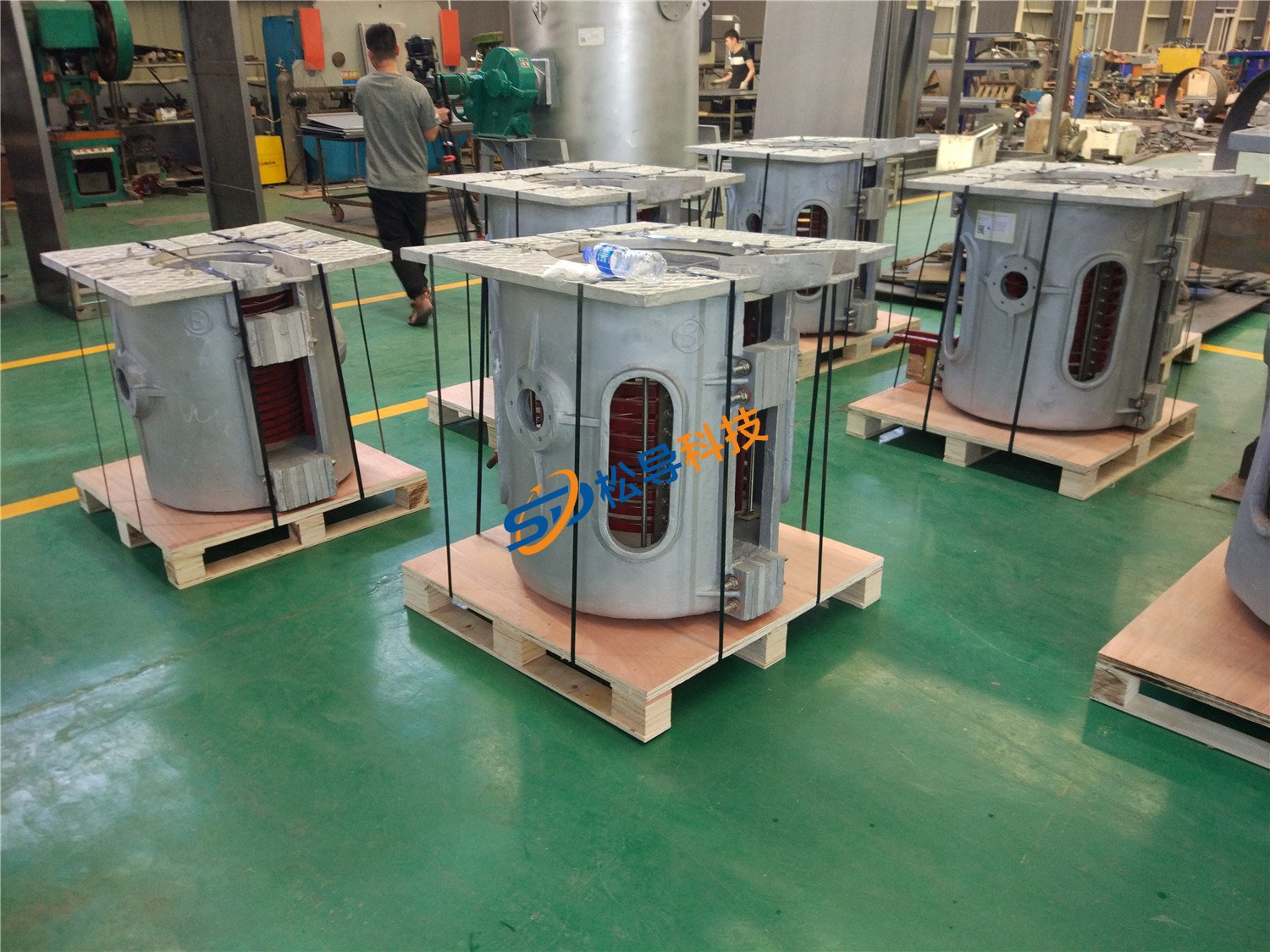
250kg Induction Melting Furnace
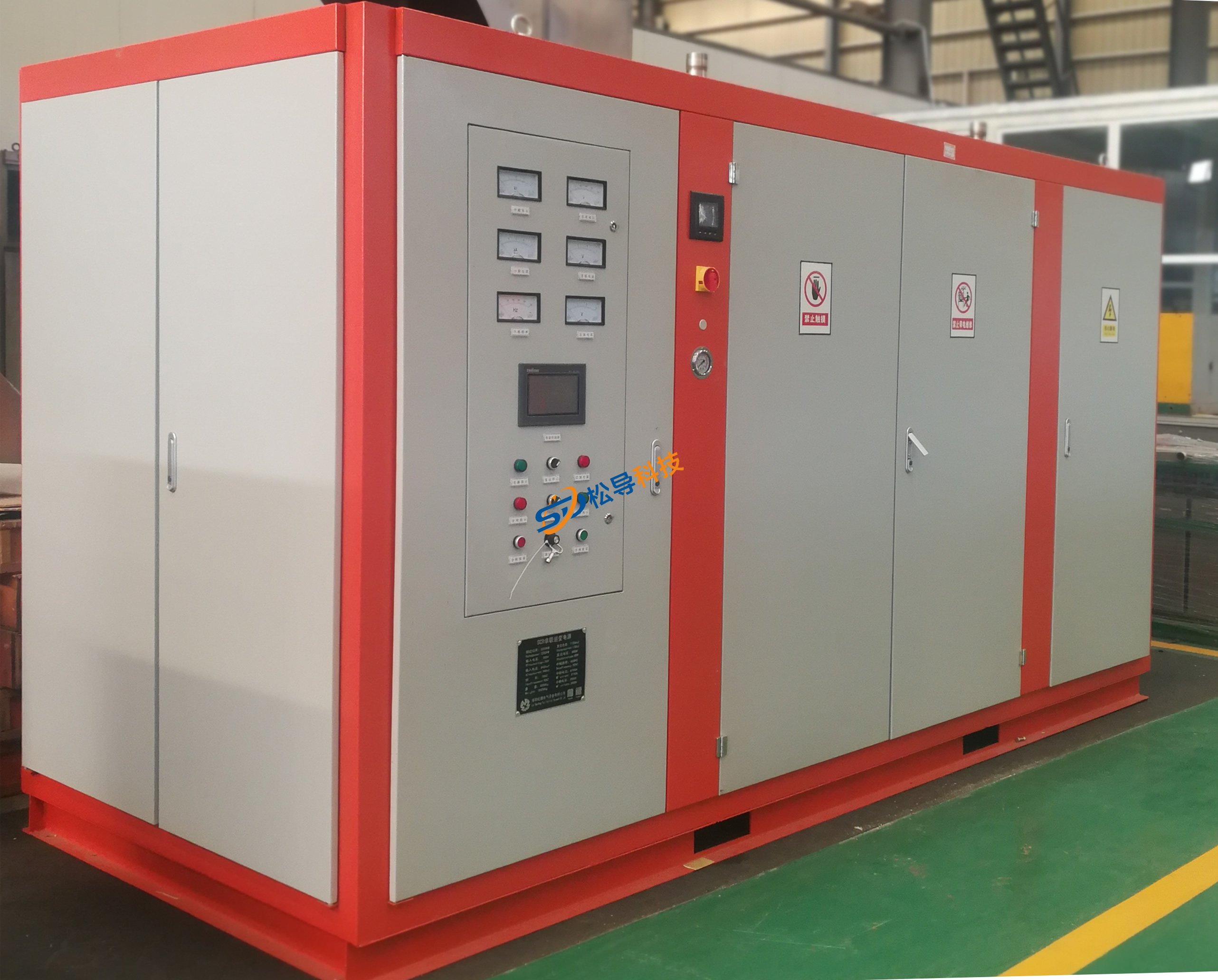
Induction Melting Furnace
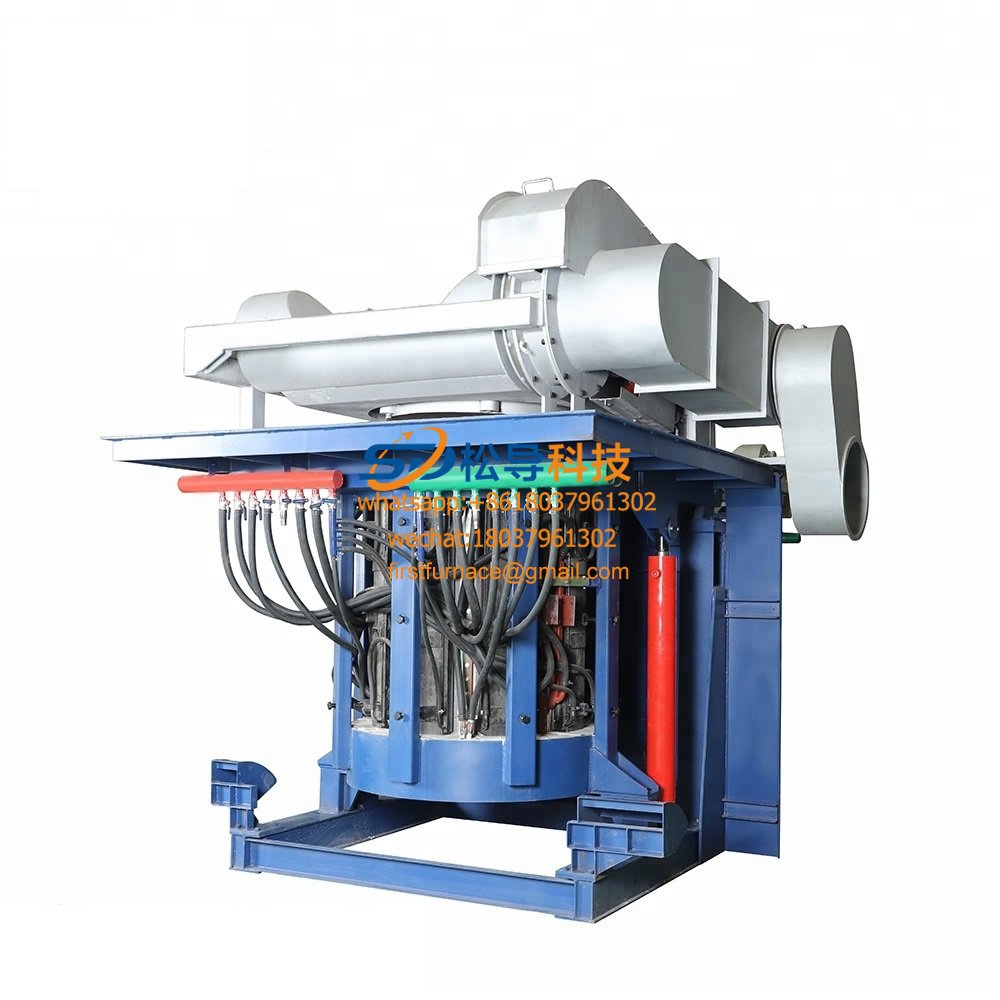
3 T Induction Melting Furnace
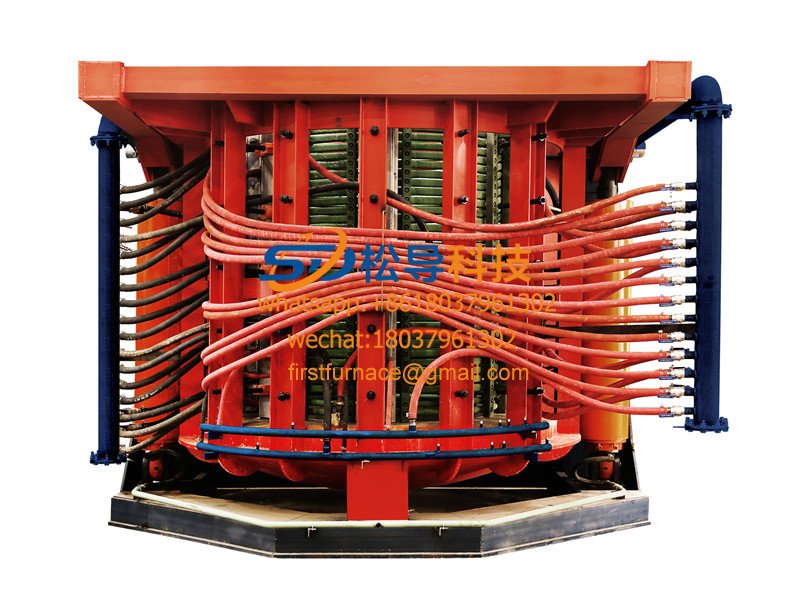
5T Induction Melting Furnace
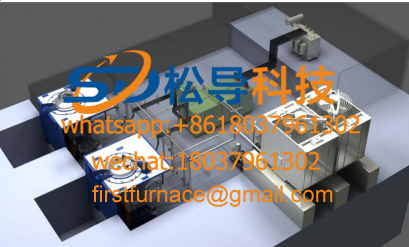
1T One Belt Two Intermediate Frequency F

5T One Belt Two Intermediate Frequency F
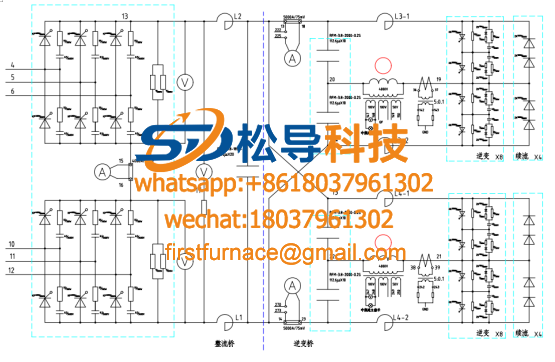
3T One Belt Two Intermediate Frequency F
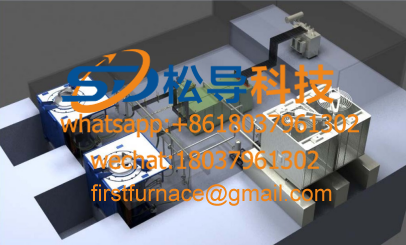
2T One Belt Two Intermediate Frequency F
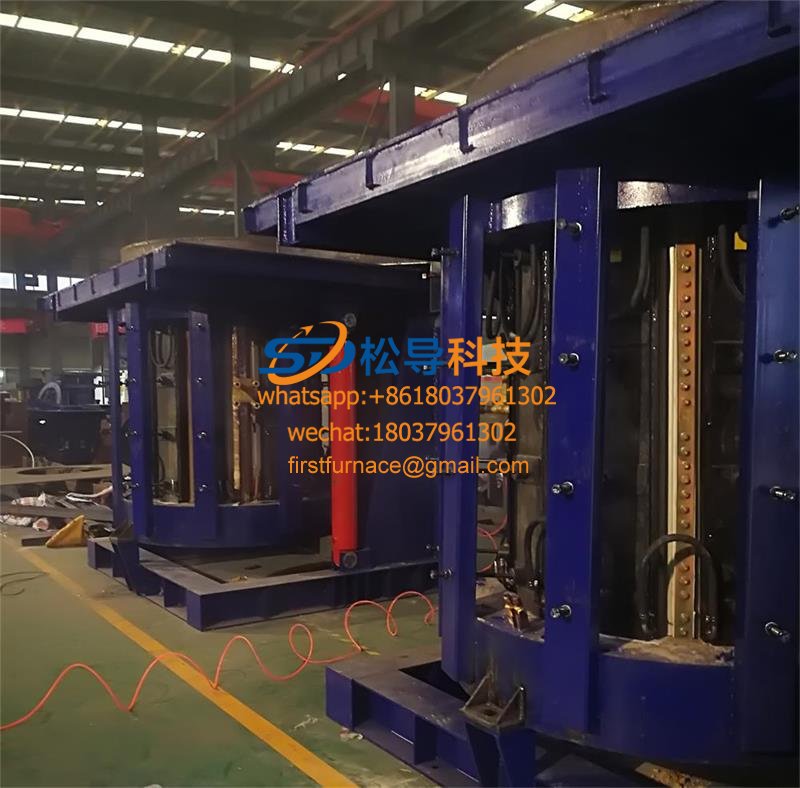
5T Parallel Intermediate Frequency Furna
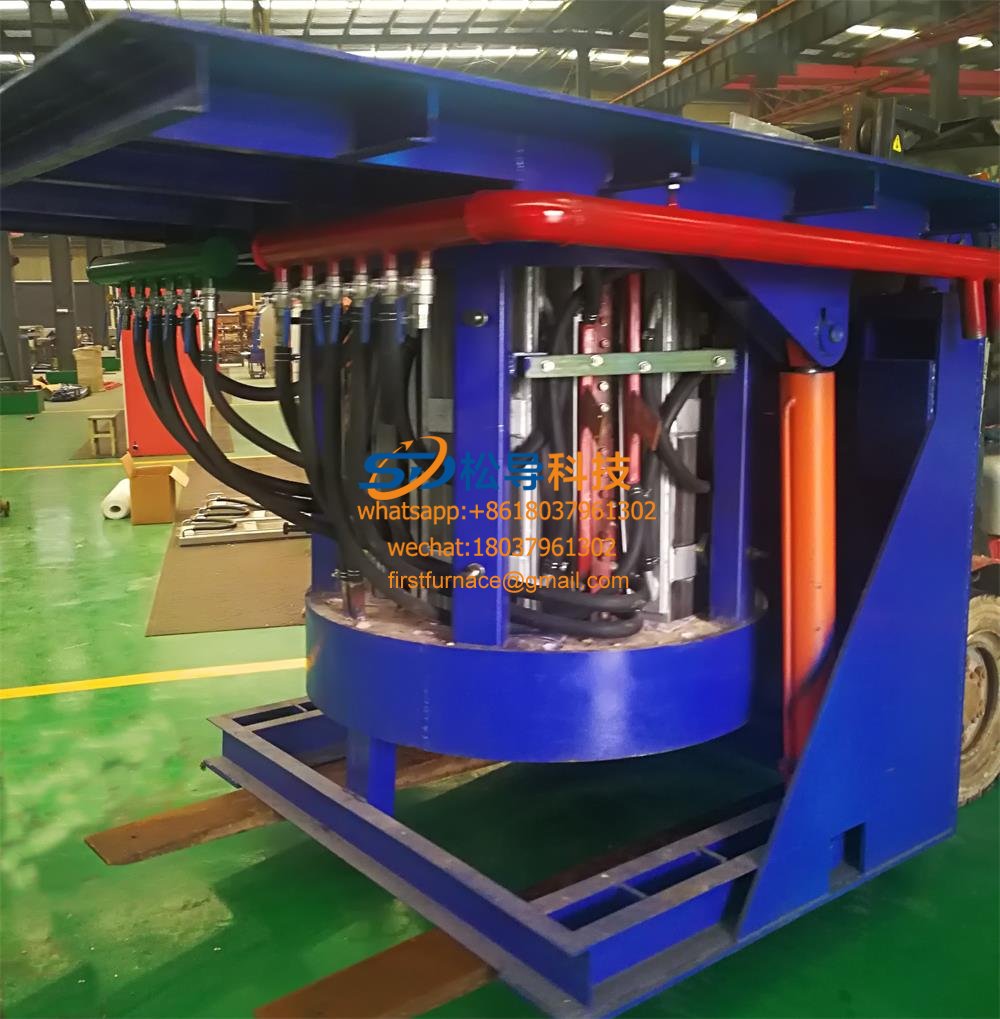
5T Intermediate Frequency Furnace

5T Series Intermediate Frequency Furnace
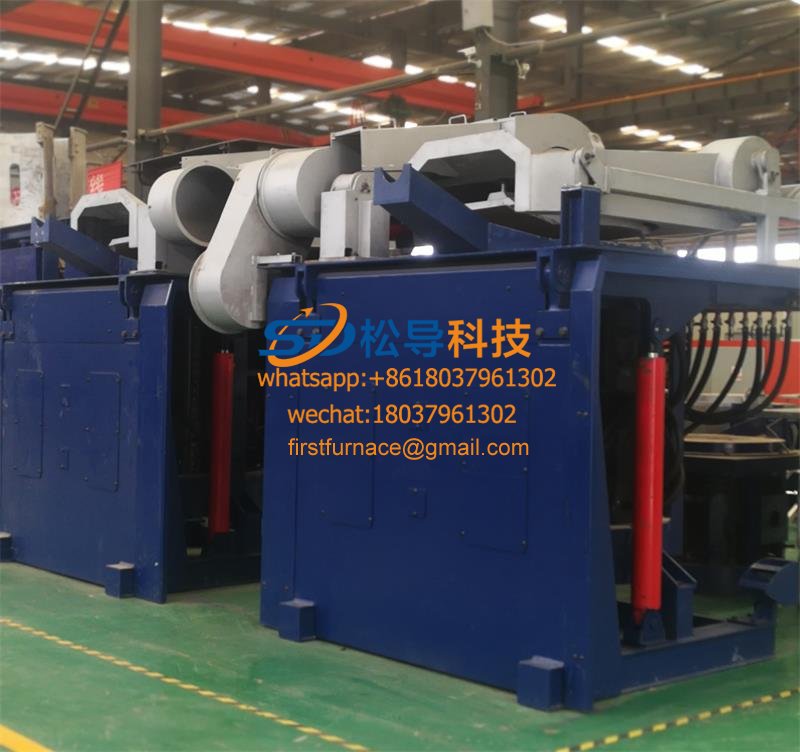
3T Series Intermediate Frequency Furnace
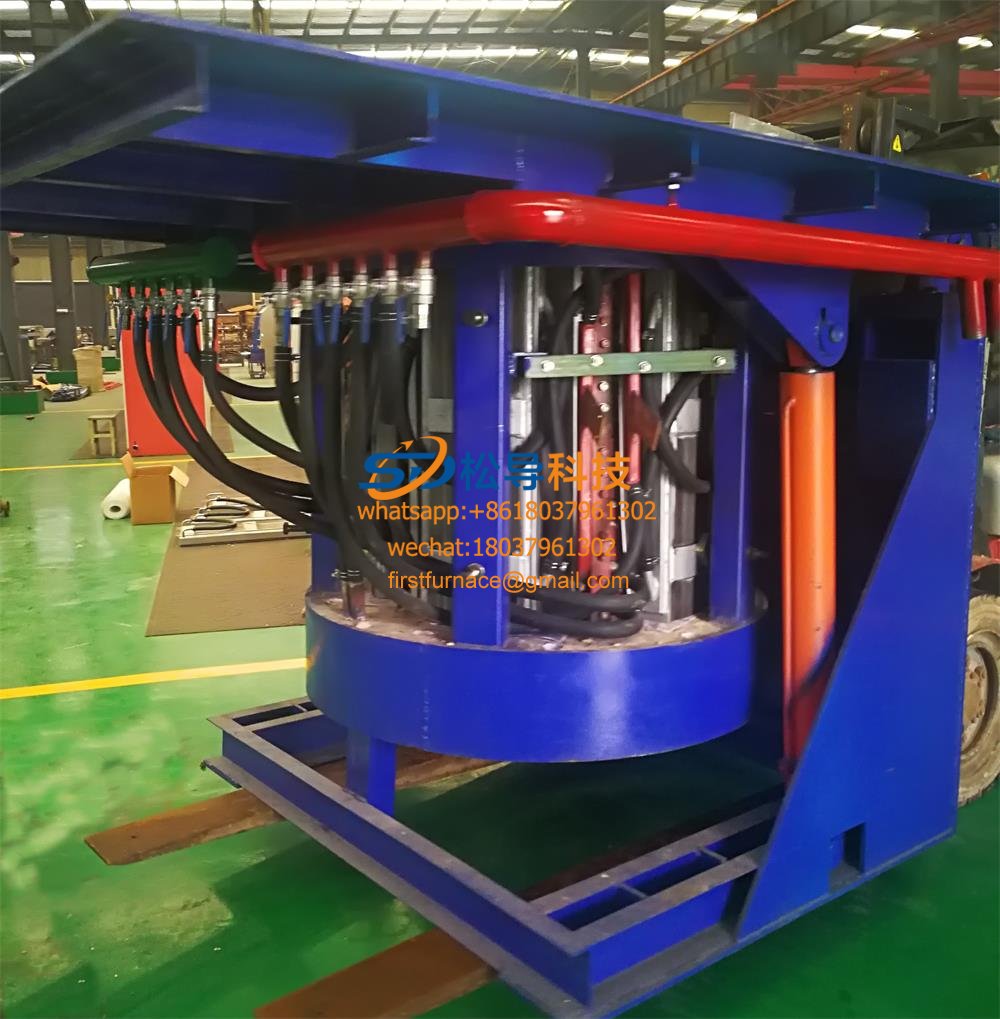
2T Series Intermediate Frequency Furnace
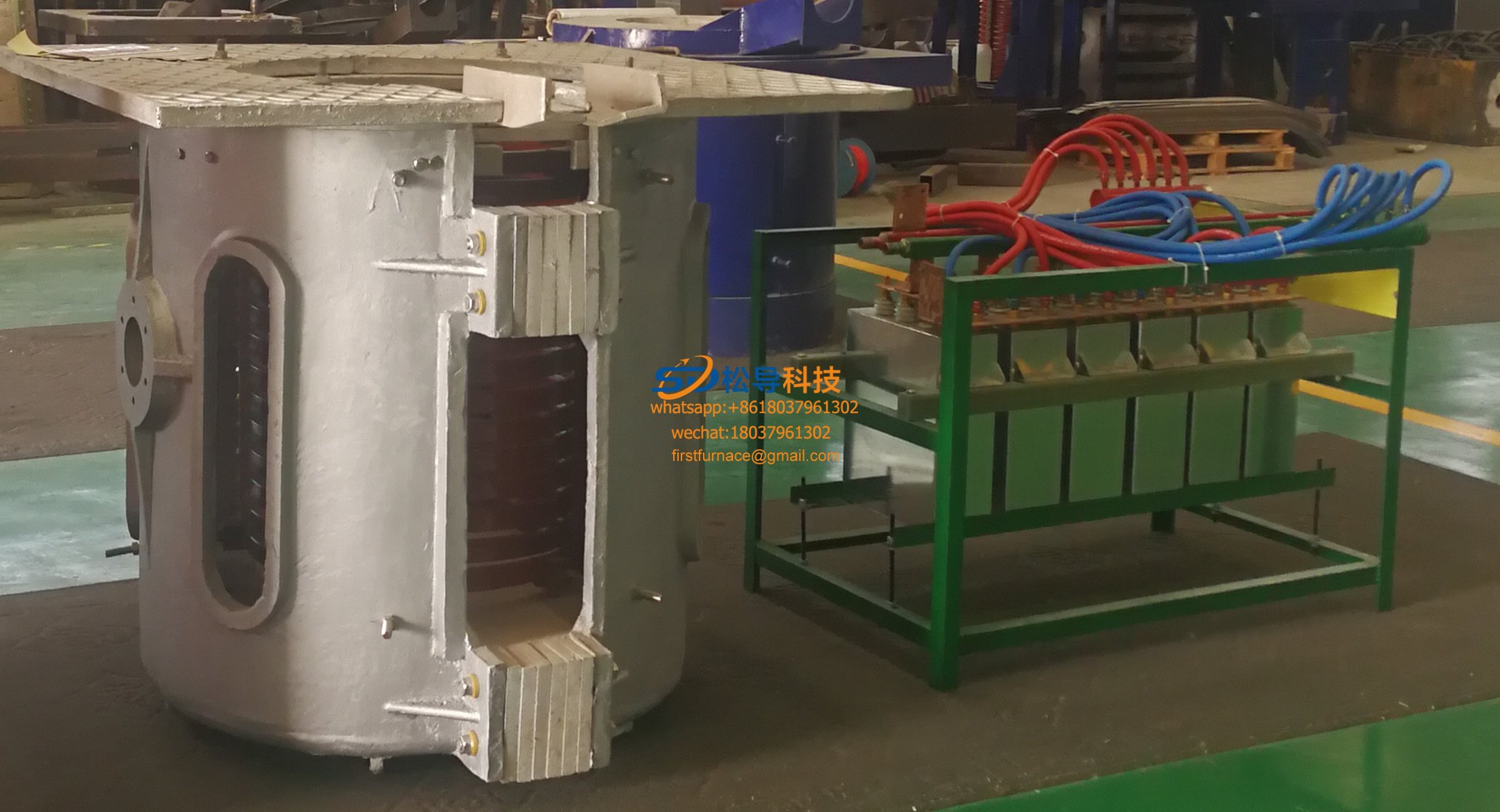
1T Series Intermediate Frequency Furnace
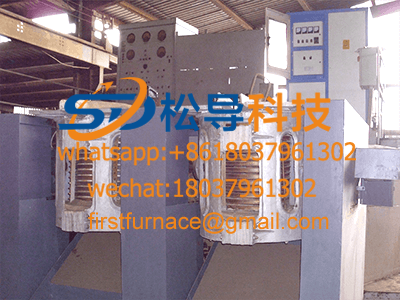
0.5T Series Intermediate Frequency Furna

0.25T Series Intermediate Frequency Furn
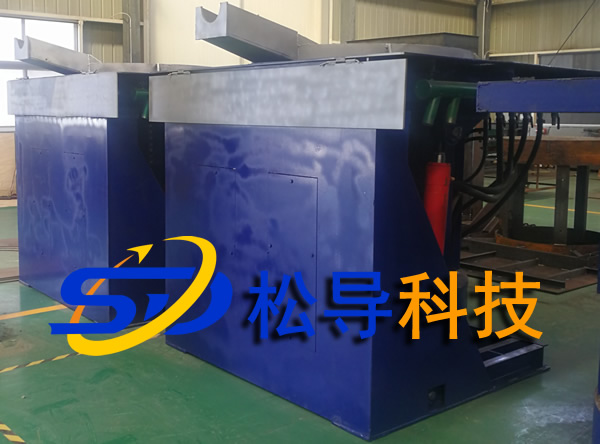
1T Parallel Intermediate Frequency Furna
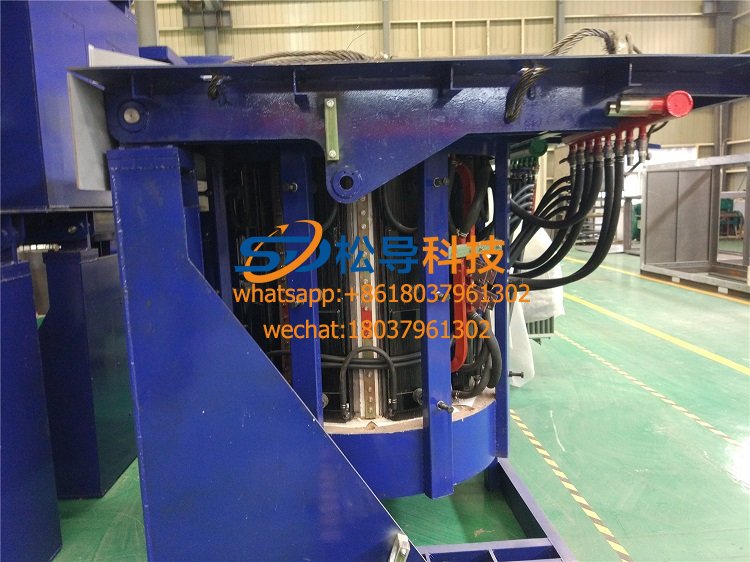
2T Parallel Intermediate Frequency Furna
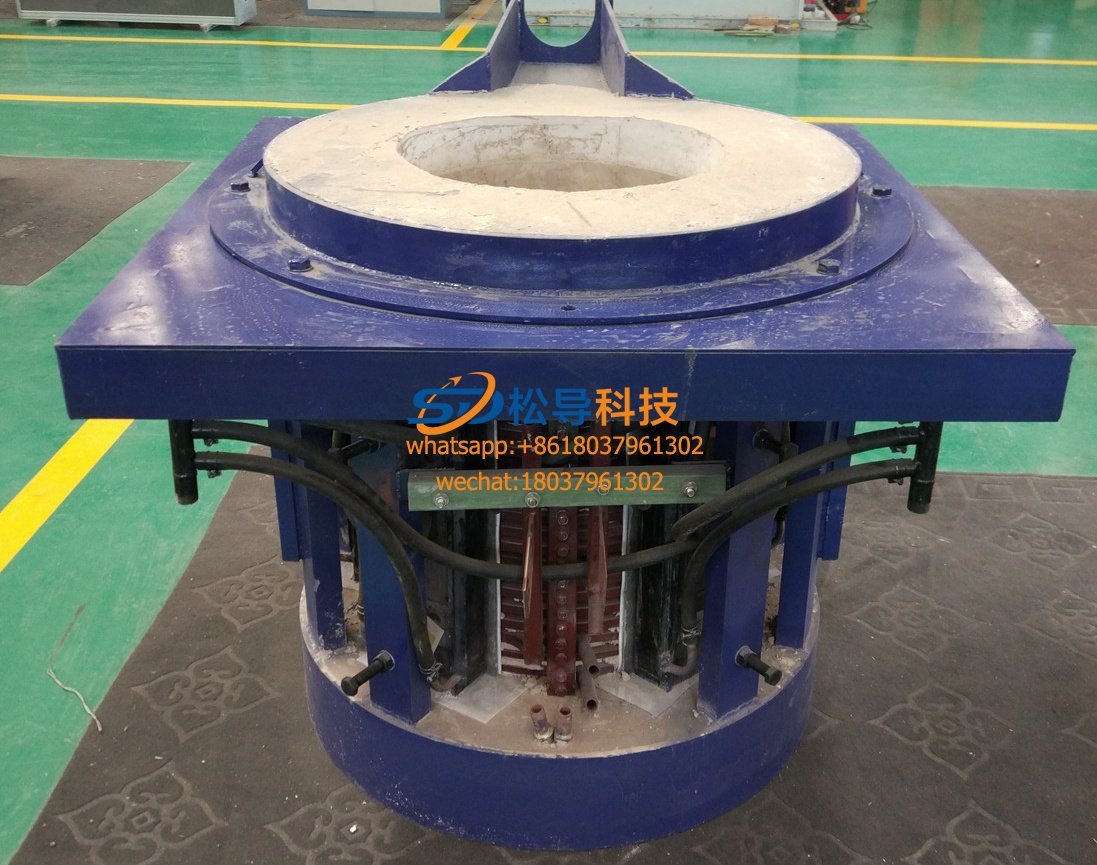
0.5T Parallel Intermediate Frequency Fur






